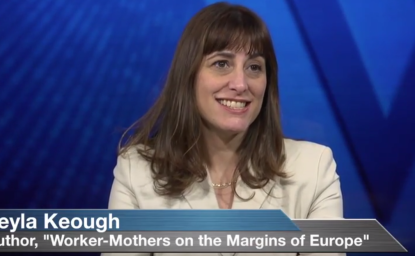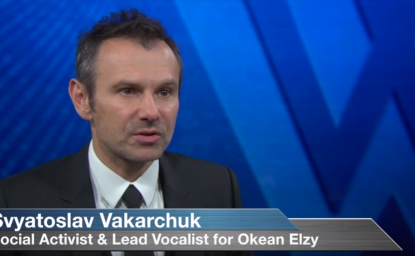New research is shedding additional historical light on the Cold War's iconic nuclear standoff between the US and USSR. CONTEXT has been looking back on what we're learning with an eye toward the lessons that apply today. In part 4 of our "On The Brink" series, James Hershberg tells us why new documents show us that, "this is not our parent's Cuban Missile Crisis."
http://www.wilsoncenter.org/article/the-brink-part-4-the-cuban-missile-crisis-50-years-later
brightcove.createExperiences();
James Hershberg is a professor of history and international affairs at George Washington University where he explores the international history of the Cold War, with special attention to the impact of newly available sources from the former communist world as well as from U.S. and other Western archives. This research builds on his ongoing work with the Woodrow Wilson Center's Cold War International History Project (CWIHP), the National Security Archive at GWU, and his own research in U.S., British, Russian, Polish, Canadian, Brazilian, Italian and other archives. His newest book uses such sources to probe secret diplomacy during the Vietnam War. A former CWIHP director, he now edits the CWIHP book series co-published by the Stanford University and Wilson Center Presses.






